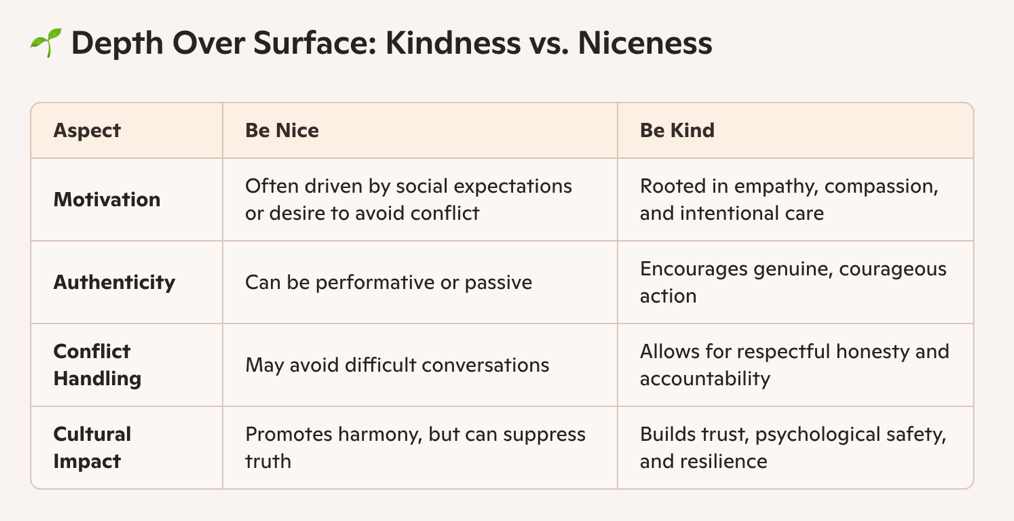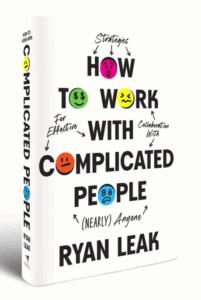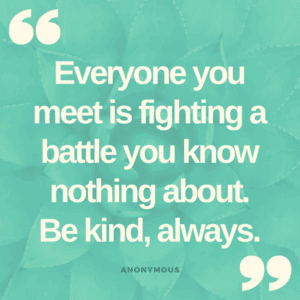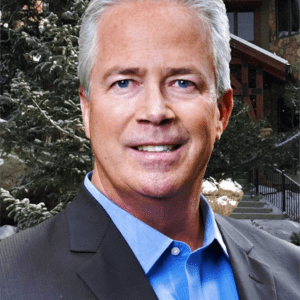
It’s been an interesting journey since publishing my book on The 5 Rules in January of 2024, and after speaking and coaching on these rules across many organizations since then, there has been one question that comes up on many occasions that I’d like to expand on for this month’s leadership teaching.
But first, just as a refresher – here are The 5 Rules – these are 5 key behaviors that I believe can transform your culture, your team and your family. And in the grocery business, we’ve always coached to numbers, and I believe that if we’ll coach to behaviors, the numbers will be there.
In the book, there are five life lessons under each rule that illustrates how you can bring that rule to life or understand it a little better, but for this lesson – we’ll just focus on the rule itself.
When I speak on each of the five rules, and get to Rule #2 – Be Kind – here are some of the things I talk about:
Here is a little clarity on comparing the two words that will help explain more on how this unfolded:

There is good news on this comment after coming back to many of the companies I’ve coached when I ask for testimonies on how things are going. Hands down, the #1 comment I get is that they have learned how to be “KINDER” at home to the ones they love the most. They feel so much better about this and honestly, most never realized what it was like to “be on the other side of me”.
The other big comment coming from these testimonies has been “My team is now kinder to each other – not so short and sometimes where they had been condescending, they are way more patient with each other.”
In homes where people are still raising children, it’s made a huge impact there too between the kiddos and the parents and between siblings! (How refreshing is that?)
The best testimony I’ve heard is that now just the word “KIND” has become of focus and common language of everyday life! That’s the power of the five rules – we hold each other accountable to live them!
So, here’s the question I get a lot in Q&A sessions:
When someone is mistaking your kindness for weakness how do you hold them accountable for meeting expectations?
Here is my response to that question:
“HOW you talk to them and treat them is where kindness comes in, and we can’t confuse kindness with lack of honesty. Don’t sugar coat the issue, and don’t’ over-exaggerate it either.
Holding someone accountable is about making sure they understand Rule #1 – Do YOUR Job.
I have had a few people over my career mistake kindness for weakness and below is how that unpacks:
Why Kindness Is Misinterpreted as Weakness
The Strength Behind Kindness
For anyone reading this that has been in the grocery business for thirty or more years, knows how prevalent managing people has been in the past, as it was anything but kind. The old school way of managing by fear and control just simply doesn’t work anymore – and sadly – really never did.
By far, the biggest challenge anyone in retail is facing today is finding good people and keeping good people.
In the latest new leadership book I’ve recently finished and have already began using to help with this challenge is from Ryan Leak – titled, “How to Work with Complicated People”. (And by the way, we’re all complicated!)

In chapter 6 of his book, he talks about the 5 Q’s and how they connect people for better collaboration. (Which is the key to working with complicated people)
1. IQ – Intelligence Quotient – Intelligence & Knowledge, which we’ve all heard about for years.
2. EQ – Emotional Quotient – Emotions & Feelings, again – this has been talked about for years as well.
But he introduces us to 3 new Q’s:
3. AQ – Adaptability Quotient – Adaptability and Change – how well do you adjust when things change?
4. TQ – Tech Quotient – Technology and Innovation – how well you get technology, innovation and systems to help connect with your fellow team members.
5. DQ – Decency Quotient – Decency and Kindness – how well you treat those you work with and what your kindness level is.
On the DQ topic – in his book he references a study conducted by the University of California, Berkeley. It was a compelling 14-year longitudinal study that challenges the old adage “nice guys finish last.” Here’s what they found:
Study Overview
Key Findings
Implications
This is a great study and in Ryan’s words out of this chapter:
“In other words, the bullies didn’t get any further ahead than the non-bullies. They just had more bodies under their bus”.
He goes on to say, “While there is much research that backs up the value of kindness in the workplace, you probably understand this intuitively, just by being a real human being with feelings and needs of your own. Think about your own employment experiences. What kind of boss do you respond best to: someone who bullies and intimidates you, or someone who respects and empowers you? What kind of work environment brings out the best in you and those you work with: a toxic cutthroat, dog-eat-dog culture, or one where teamwork is encouraged and people are allowed to thrive?”
“If you’re going to build a successful career, you need to focus on more than your IQ, EQ, AQ or TQ”.
I’ll finish with this thought and challenge for each of us:
“Be kind to unkind people. Be kind to kind People. Be kind to complicated people. Just be KIND! Period.”

